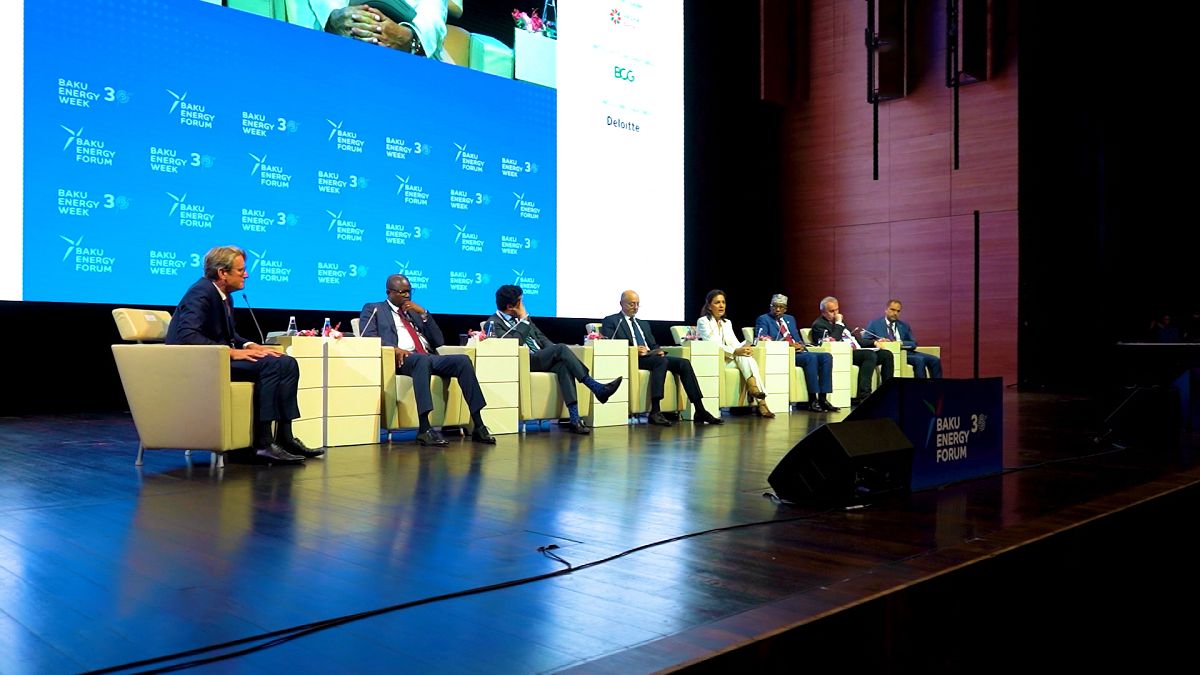

In a world where climate challenges and sustainability are becoming increasingly paramount, recent updates from various regions underscore the pressing need for innovation, collaboration, and mindful action. From energy forums to environmental challenges, the following insights encapsulate the current global discourse on these critical issues.
At the Baku Energy Forum, energy leaders and executives from around the globe gathered to discuss the urgent imperative to enhance renewable energy capacities and modernize existing power infrastructures. The forum, held in the vibrant city of Baku, emphasized the necessity for multilateral collaboration, significant investments, and sweeping innovations to meet the demanding climate goals projected for the coming years. The key objective, as highlighted during the conference, is to triple global renewable energy capacity by the year 2030. This ambitious target reflects a collective commitment to shifting away from fossil fuels toward more sustainable energy sources, with an eye on mitigating the impacts of climate change and securing an eco-friendly future.
Meanwhile, on the Greek island of Chios, firefighting teams have been tirelessly battling a wildfire that has posed a significant threat to local communities and natural habitats. For three consecutive days, the resilient firefighters have worked around the clock, amidst challenging conditions, to contain the blaze that erupted near the island’s main town. Authorities have issued evacuation orders as a precautionary measure, safeguarding residents while an investigation into the possibility of arson is underway. This situation serves as a poignant reminder of the need to address environmental vulnerabilities and implement strategies for disaster risk reduction in fire-prone regions.
On another front of environmental sustainability, Mauritania is making strides towards reconciling economic interests with ecological preservation in its fishing industry. With support from the European Union, the nation is championing sustainable fishing practices that aim to balance profit and environmental stewardship. As a vital resource for food security and employment, the sustainable management of fish stocks is crucial for the prosperity of Mauritania and the broader North-West African region. This initiative signals a positive step toward protecting essential natural resources while nurturing economic development.
In related matters of sustainable consumption, a newly published study sheds light on public perceptions about entomophagy – the practice of consuming insects. Despite being promoted as an environmentally benign alternative, the idea of replacing traditional meat with insects faces significant resistance due to societal aversions. The research suggests that widespread distaste and cultural preferences could impede broader acceptance of insects as a protein source, posing a challenge to reducing the ecological footprint of conventional livestock farming. This highlights the complex interplay between cultural attitudes and sustainable food systems, pointing to the necessity for thoughtful strategies in changing dietary habits.
As these global narratives unfold, they collectively emphasize the importance of sustainable decision-making that resonates with cultural, economic, and environmental dimensions. By fostering a collaborative mindset, informed by science and respectful of diverse values, societies globally can progress towards a more sustainable and harmonious future. The themes of energy transformation, environmental resilience, and sustainable practices underline the critical role of collective efforts in securing a healthier planet for future generations.
Source: {link}
